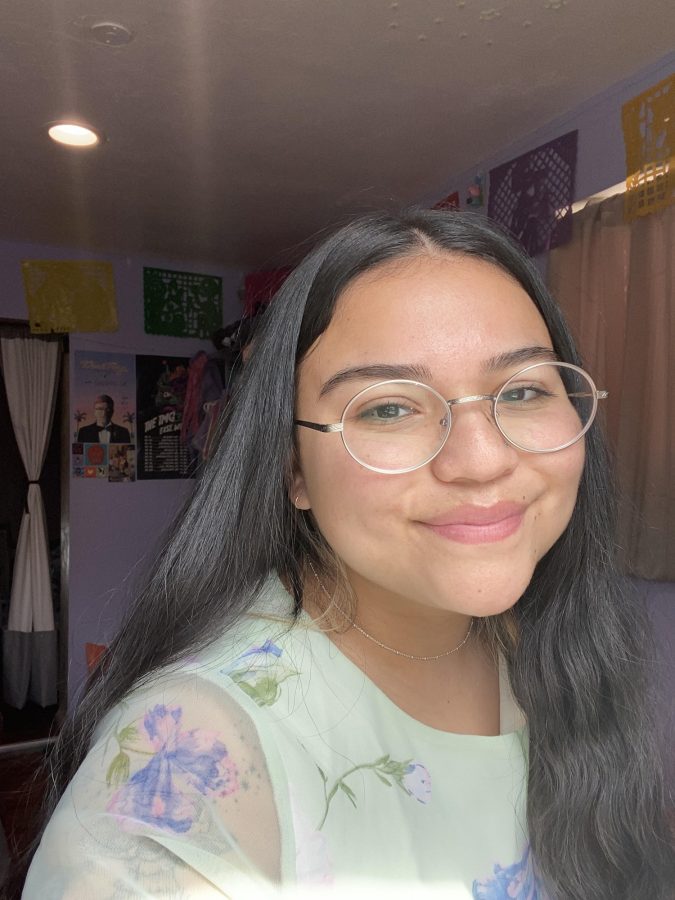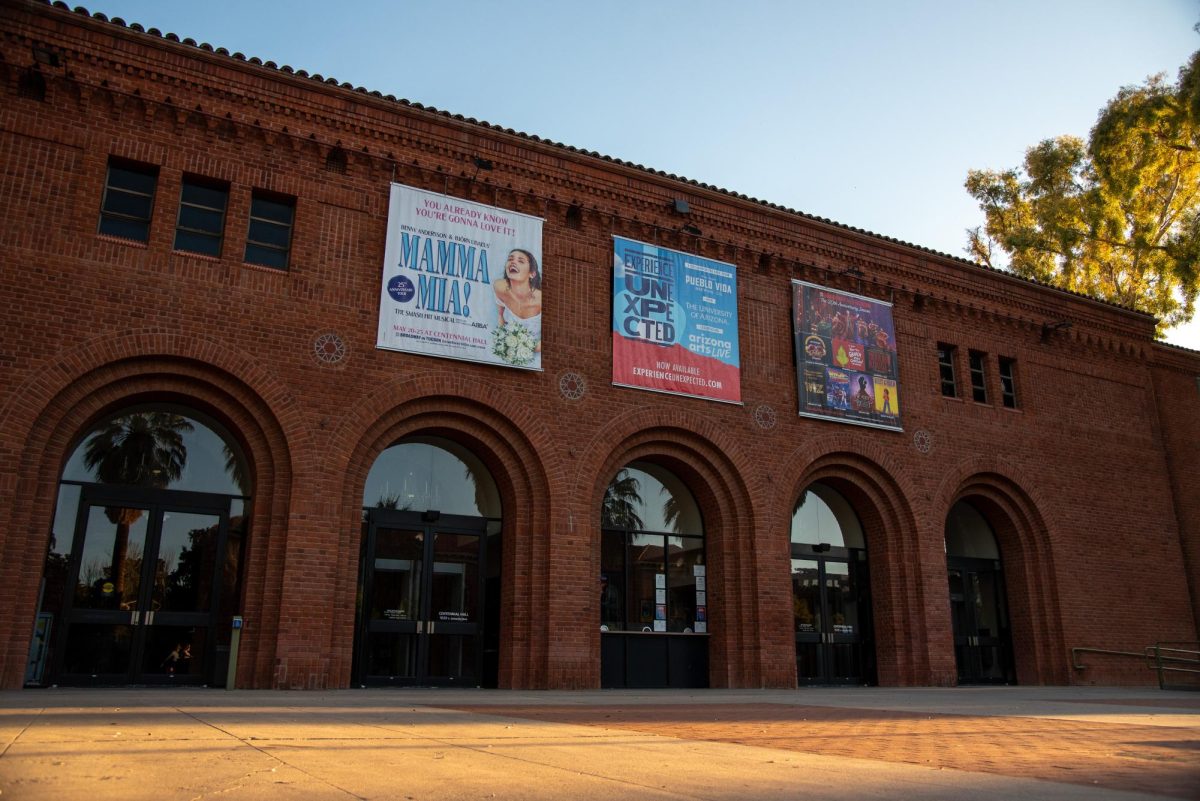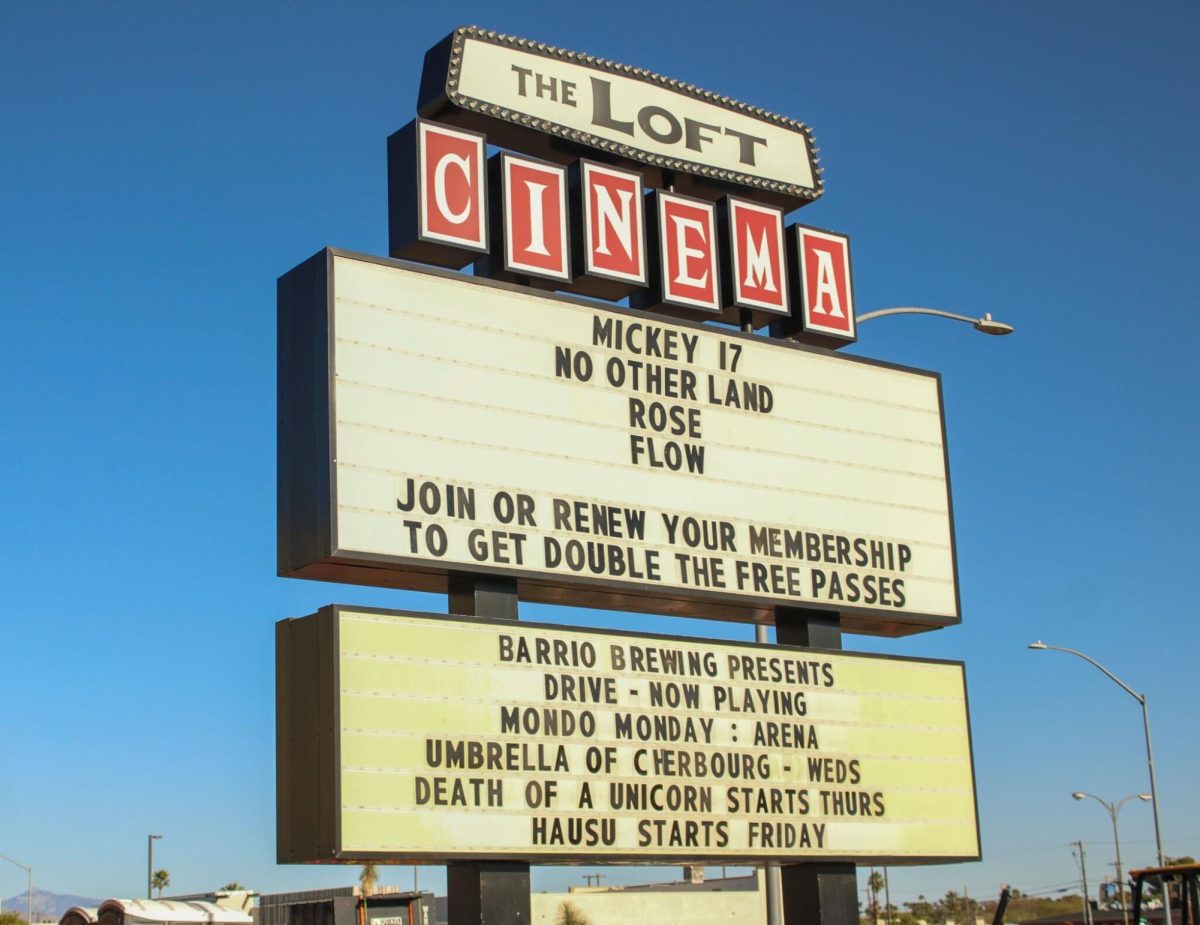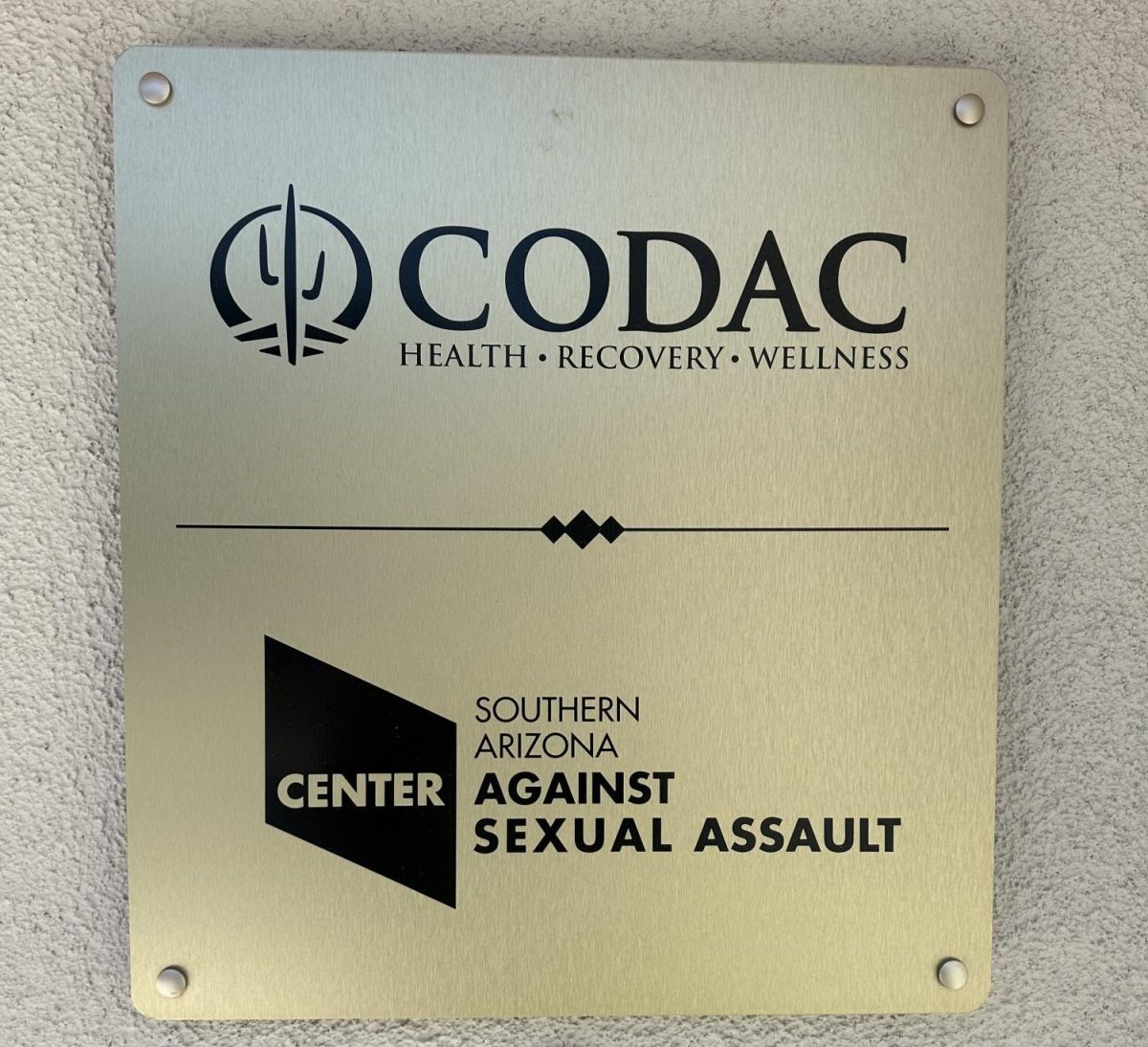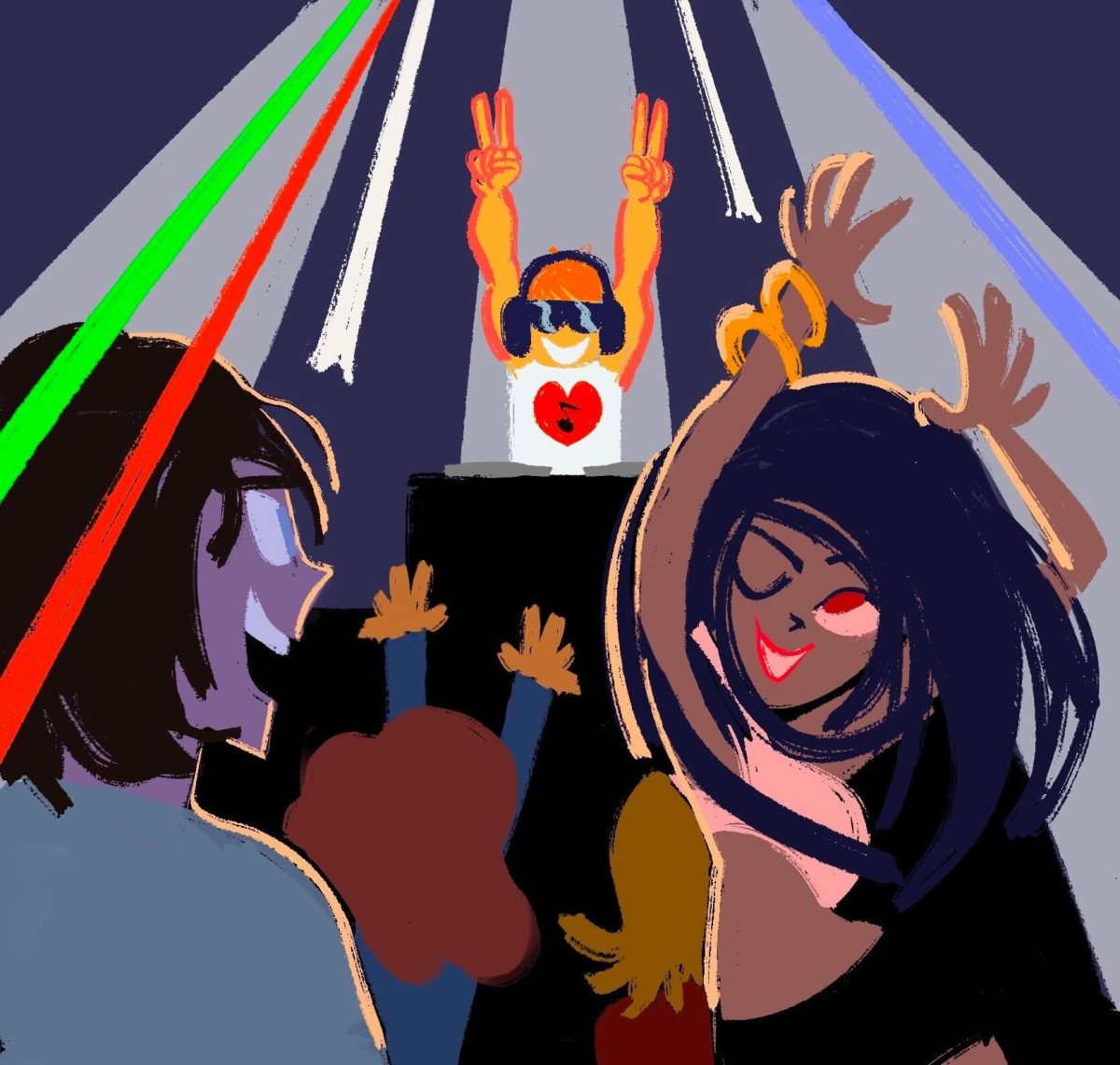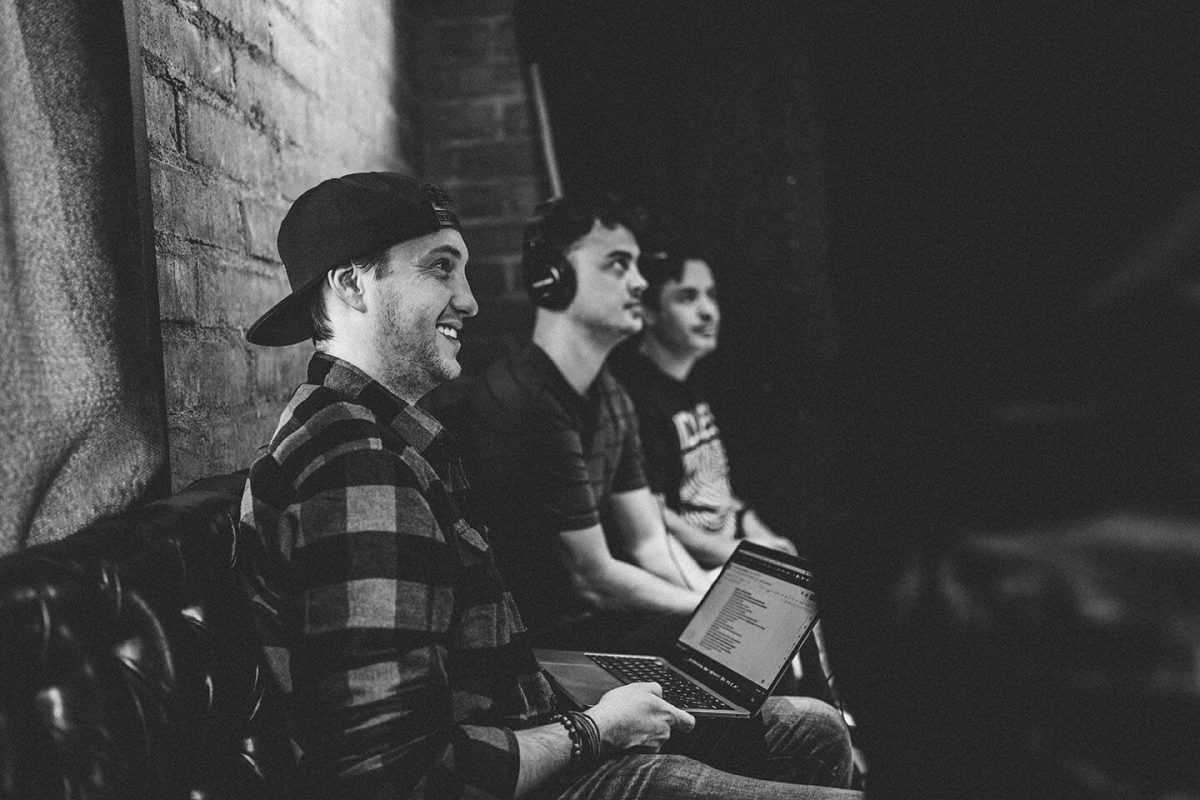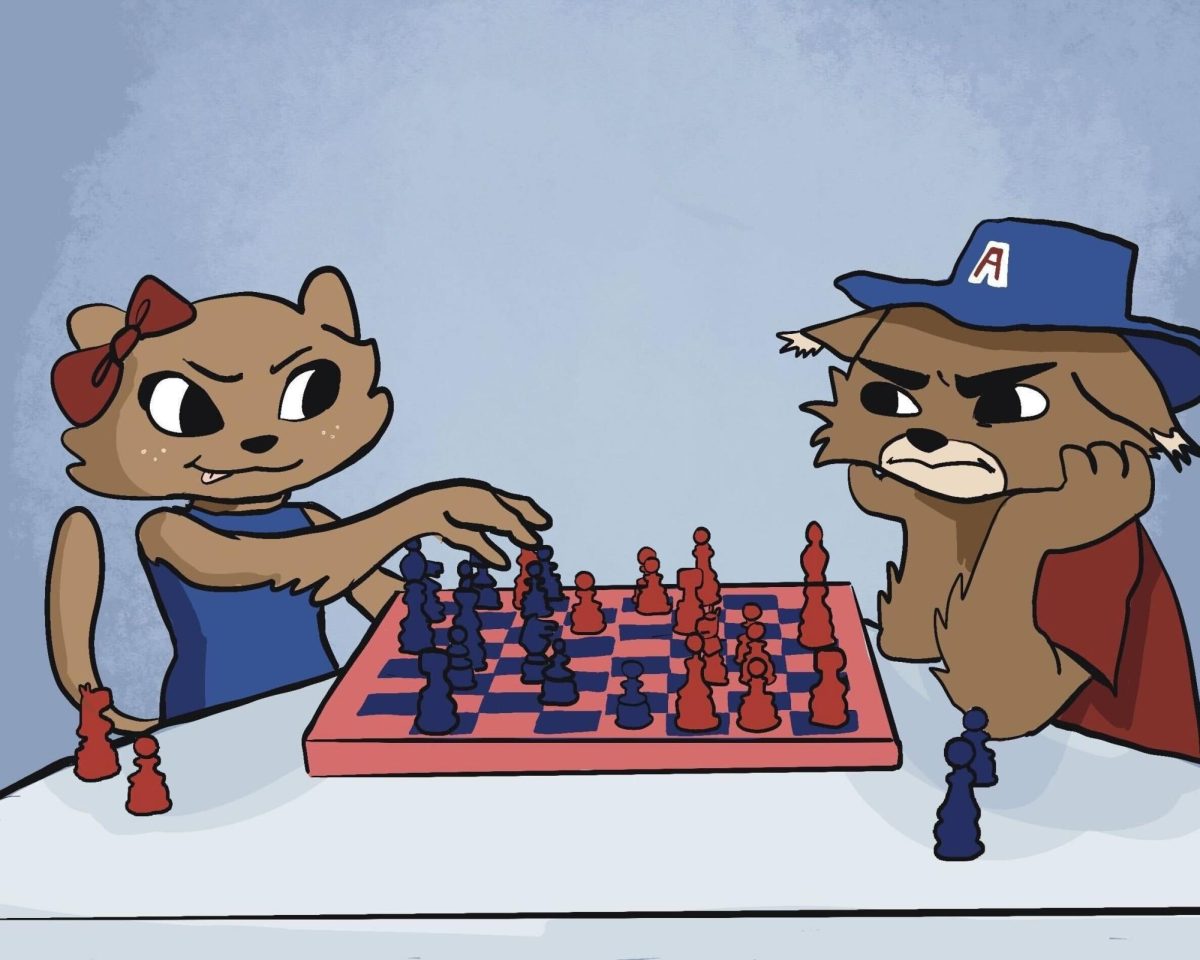Feminism in the making…
As then twelve-year old Daniela Garcia scrolled through Trumblr, she came across Charlotte Brontë’s quote from her feminist novel Jane Eyre.
“I am no bird and no net ensnares me,” the quote said.
In her words, Garcia thought the quote was “badass” and as she kept scrolling, the algorithm placed more feminist content on her screen. Pink collages, artwork of vulvas and vaginas and quotes, all by cis-gendered individuals. Although she still recognized this content as feminism, it was a version centered around white, cis-gendered women. Garcia couldn’t help but notice the lack of representation for women of color like herself.
Garcia is the daughter of Daniel and Michelle Garcia. She identifies as a queer Mexican-Filipino woman and is a first-generation college student at the University of Arizona studying elementary education.
“Yes, I identify as a woman, but I also experience the world as a non-white and queer person,” Daniela said.
In her early teen years, Garcia had experiences that she described as “violently uncomfortable.” In high school, the dress code for girls was six pages long in contrast to the boys’ one page. It was much more tedious: no shoulders, no shorts, skirts must be of finger-length, no low-cut shirts, no crop tops, no tube tops, no halter tops and so on.
In middle school gym class, while Garcia was dressed in a short-sleeve shirt, her teacher pointed out that her breasts were distracting the entire class. She felt completely alienated when the gym teacher asked the whole class, out loud, “isn’t she, boys?”
There was a white male teacher for two consecutive years who would consistently make microaggressions, discriminate and show prejudice towards her, according to Garcia. He would stand in front of the class, invalidating her Filipino identity and list off racial stereotypes of Asian and Pacific Islander people, explaining that she did not fit these.
“He was stereotyping me and fetishizing his Filipino girlfriend at the same time, which was wildly inappropriate. He did this to me all the fucking time,” Garcia added.
But, she didn’t allow these moments to affect her negatively; instead, Garcia took this experience as a lesson for how she will never allow her future students to feel. Garcia plans to teach kindergarten after graduating. She aims to be an informative facilitator for her students and allow them to have open discussions, as well as make up their own opinions.
“Kids at that age don’t really understand context clues, subliminal messages or non-explicit references. They need the opportunity to learn things, like cultures and identities very explicitly. So, I think giving them the opportunity to ask questions and just hear about different things is all you can offer,” Garcia said.
FORCE, a safe space on campus…
Now, Garcia co-directs FORCE, Feminists Organized to Resist, Create and Empower, on campus with recent UA graduate Emerson Lampert Mayorga. Even though Garcia grew up in the demographically diverse city of Tucson, the university’s predominantly white population was a new environment for her. It was because of this that Garcia stumbled across FORCE and joined.
The Women and Gender Resource Center, also known as the WGRC, is on the fourth floor of the Student Union. As you walk in, you’ll find three rows of desks, Garcia and Mayorga’s being the first in sight. Hanging above them are bright yellow sticky notes that serve as reminders of daily tasks that need to be tackled. You can often find the two working side by side if they are not running around completing their tasks and meetings through the week.
Further inside, there is a shelving unit called the “Feminist Pharmacy” with feminine products free for those in need. There’s also a couch area where the group will meet for events such as community conversations or “Sip-n-Bitches.”
“When you go into that space, you know there’s going to be a diverse group of people, and if there are white people there, you’re in a position that you’re supported in having a constructive dialogue with them,” Garcia said.
Mayorga shared that feminism and activist work is not exclusively for women. The WGRC is open for anyone and everyone who wants to come.
“You don’t have to be an expert or know everything, you just have to want to try and be open to learning and standing up to all the bullshit we go through everyday because of our identities, and also acknowledging that we hold different privileges as well,” Mayorga said.
“Slutwalk” and FORCE’s impact…
Every year, FORCE also holds the SlutWalk, a march through Tucson. This year, it was held on the University of Arizona mall and hosted public speakers, poets, booths with free condoms, education packets and Plan B pills.
“I think as far as spreading campus-wide dialogue, our SlutWalk is a wonderful focal point for that. Yes, it does center around people who have survived sexual violence or sexual assault but sexual violence is not purely sexual assault, it’s also sexual harassment which is inhently a violent thing to experience. I feel like giving that space and the opportunity to really feel community is empowering,” Garcia said.
Tianna Fields, a 29-year-old black queer poet from Tucson, read some of her pieces for the crowd.
“I take Slutwalk seriously, we’re trying to show out a little bit and that’s that on that,” Fields said. “Know what you wear shouldn’t affect how other people treat you. Normally it’s very showy and flashy, one of the points is to be a little obnoxious, a little sexy and have fun with it.”
For those interested or seaking campus resources, FORCE and the WGRC are accesable via their website.
Follow the Daily Wildcat on Twitter



